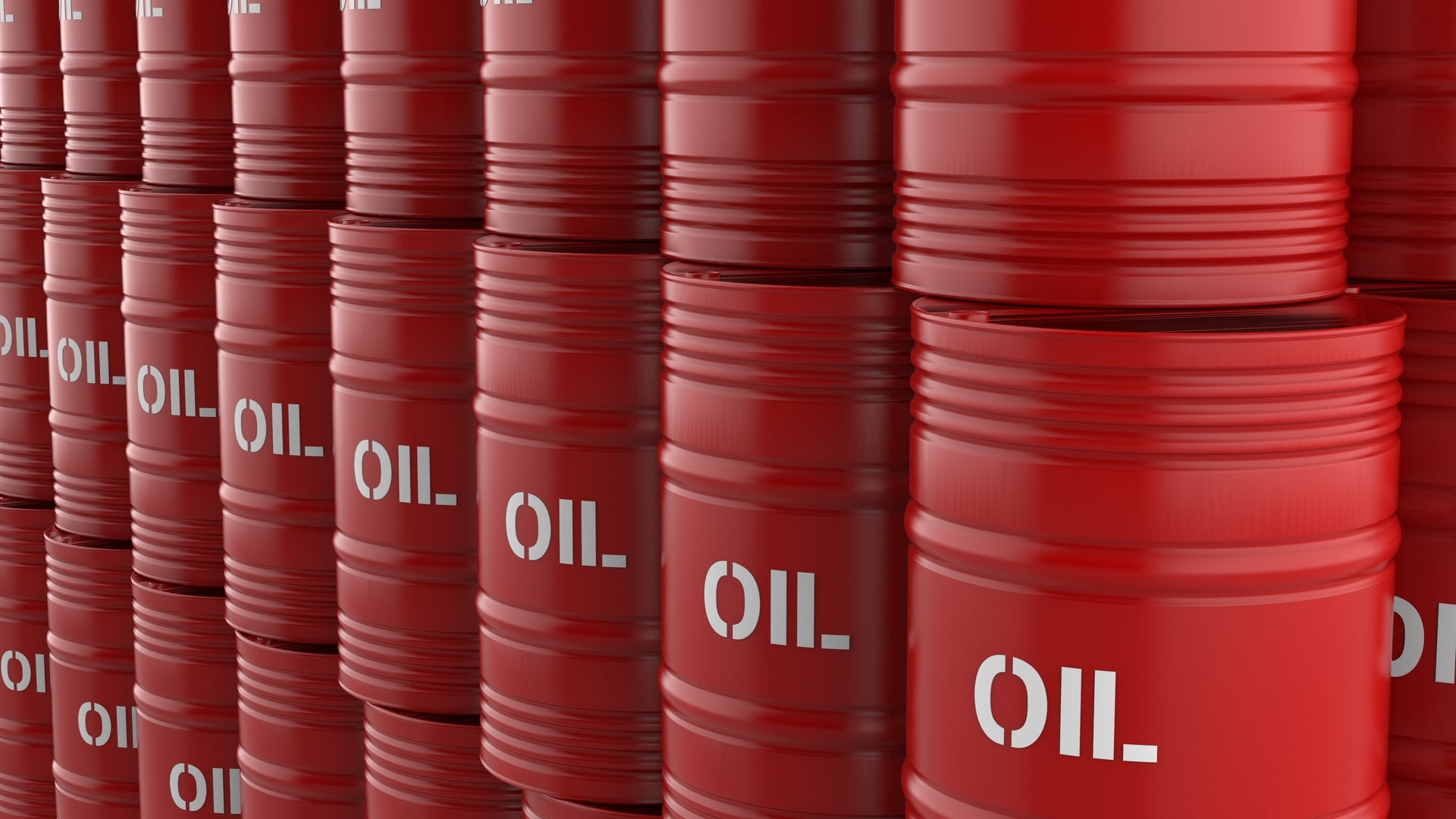Every marina business’s success story is directly linked to efficient fuel management. To keep the marina running smoothly and economically, managing the fuel supply and distribution for boats as well as watching and regulating fuel consumption is extremely important. This includes tasks like tracking fuel usage, ordering fuel and maintaining fuel storage tanks.
Effective fuel management ensures that boats have enough fuel to power their engines and complete their journeys, while also lowering fuel costs and reducing the environmental impact of fuel consumption. That said, this blog covers 4 tips for efficient marine fuel management.
Why is Fuel Management Important?
Fuel management is a critical aspect of marina operations that affects both – the facility’s economic and environmental performance. It can help marinas reduce fuel costs and increase profitability, which directly benefits smaller marinas with limited budgets.
As sustainable trends are on the rise, marina customers may be concerned about their activities’ environmental impact. By managing fuel responsibly, boatyard owners can demonstrate their commitment to sustainability and attract environmentally conscious customers.
For example, it involves taking the necessary measures to avoid fuel spills and leaks, which are harmful to aquatic life and ecosystems. Not to forget, efficient fuel management substantially reduces the risk of fires and explosions, which marinas have frequently seen over the years.
Tips for Marine Fuel Management
- Train staff to use fuel efficiently: Training employees to use fuel efficiently can help marinas reduce fuel consumption and operating expenses. Apart from an improved bottom line, taking active steps for fuel management also demonstrates your marina’s dedication to professionalism and customer service.Here’s how you can educate your staff:
– Teach them how to use and maintain fuel-efficient equipment (boats, motorized vehicles, etc.) including information on proper fueling techniques, tire pressure maintenance, and maintenance schedules.- Train them to use fuel-efficient driving techniques (maintaining a constant speed, avoiding rapid acceleration and braking, turning off the engine when parked for a long time, etc.)- Set goals for fuel efficiency and track progress regularly to encourage staff to use fuel more responsibly.
- Regularly check fuel tanks for leaks or other damage: Leaks or damage to fuel tanks can trigger fuel spills, which can endanger people and wildlife. Regular inspections can help prevent accidents and keep the marinas safe for everyone. Marinas can also be held legally responsible for any damages if fuel spills out due to carelessness or lack of maintenance. Regular inspections help ensure the marina is in compliance with regulations and avoids legal issues.To learn about 5 effective strategies to boost your marina’s revenue, read this.
- Invest in a fuel management system: An industry-standard fuel management software, such as FuelCloud, helps marina owners keep track of fuel inventory levels, ensuring they always have enough fuel to meet the needs of their customers.Boatyards with limited resources or high fuel costs can also use these systems to track fuel usage and identify areas for cost savings. Many marinas are often subject to stringent fuel storage and handling regulations, and a fuel management system can help ensure compliance.
- Use fuel-efficient boats and equipment: Last but not least, as fuel prices rise and environmental concerns grow, using fuel-efficient boats and equipment can help a marina prepare for the future. To reduce pollution and emissions, some governments have already enacted regulations for marinas to use fuel-efficient boats and equipment. From a business standpoint, attracting environmentally-conscious customers also becomes easier by promoting such sustainable offerings.
Wrapping Up
By tracking and managing fuel usage, marinas can budget and forecast their fuel expenses more accurately, thereby reducing unnecessary expenses in the long run.
About DockMaster’s Fuel Integration Partner – FuelCloud:
FuelCloud combines hardware, a web portal, and a mobile application to give users real-time insight into their fuel. With FuelCloud, our customers can track and control every gallon in their on-site tanks for a fraction of the cost of traditional systems. Manage inventory, run custom reports, automatically file tax forms, and protect your fuel with the click of a button. To request a free demo, click here.

